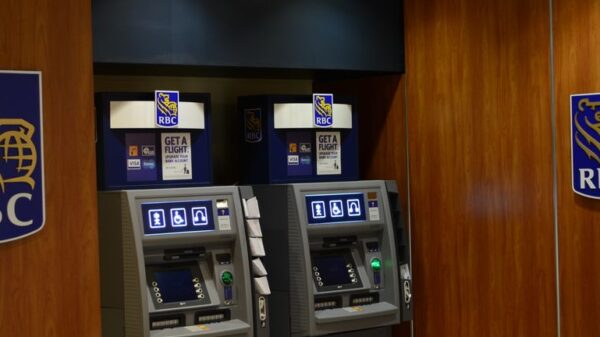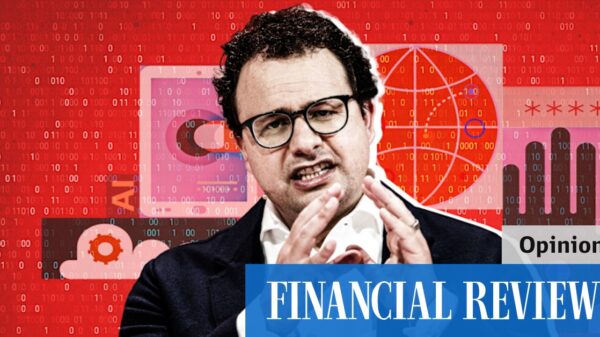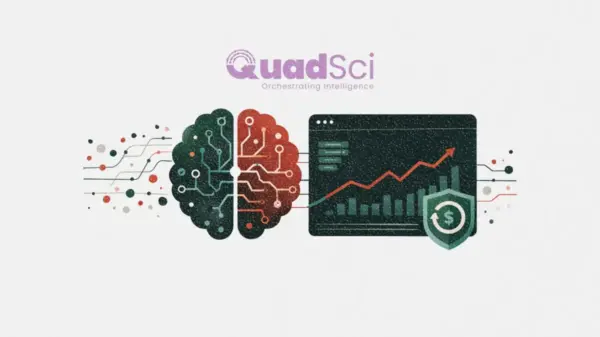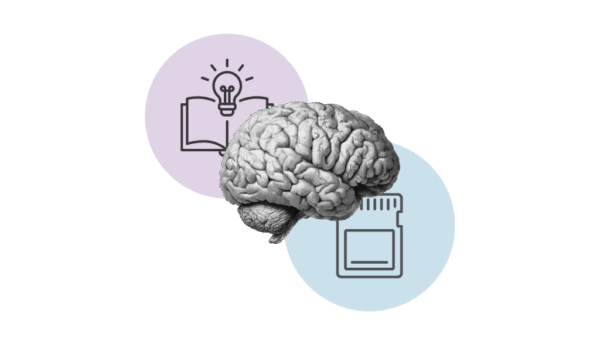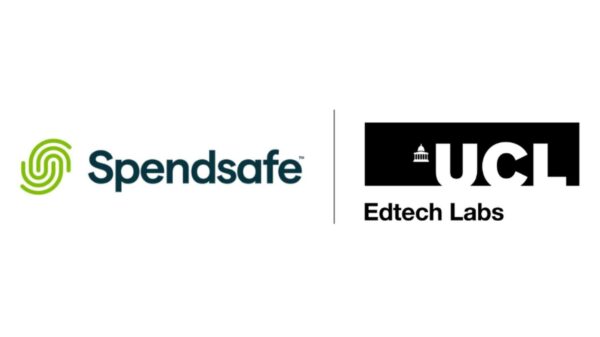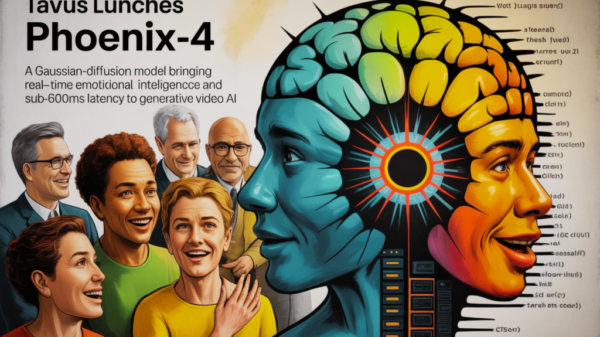In a notable shift within the tech landscape, Oracle Corp., traditionally recognized for its database services, is carving a new identity as a significant player in the artificial intelligence (AI) arena. With its substantial investments in AI—totaling tens of billions—Oracle is now perceived as a bellwether for AI-associated credit risk in the financial market.
Recently, traders have increasingly turned to Oracle’s credit-default swaps as a method to hedge against or speculate on the potential risks surrounding the AI sector. This surge in interest stems from several factors, including Oracle’s aggressive spending on AI-related projects, its pivotal role in a complex network of AI partnerships, and its comparatively lower credit ratings when juxtaposed with industry giants like Microsoft Corp. and Alphabet Inc..
Oracle’s Position in the AI Market
Oracle’s transformation into a key player in AI has been marked by its strategic moves to integrate AI into its existing products and services. The company’s substantial financial commitments signal its ambition to not only catch up with its competitors but also to establish a leading position in the burgeoning AI market.
This shift is particularly significant given Oracle’s historical image as a conservative technology provider. The current AI boom presents both opportunities and challenges for the company. On one hand, its investments may lead to innovative solutions that enhance its product offerings; on the other, the associated risks can impact its financial stability.
As Oracle continues to invest heavily in AI technologies, it becomes increasingly intertwined with other major players in the sector. The web of interrelated deals within AI partnerships may amplify the perceived risks associated with Oracle, leading to fluctuations in its credit-default swaps. In essence, Oracle’s financial health is now being closely monitored as an indicator of broader market sentiment regarding AI.
The Market’s Reaction to AI Investments
Traders are responding to Oracle’s situation by taking positions in its credit-default swaps, reflecting a growing unease about AI’s impact on credit risk. The company’s weaker credit ratings compared to Microsoft and Alphabet suggest that market participants view Oracle as a riskier bet in the context of the AI boom. This situation exemplifies how the technology and finance sectors are increasingly converging, with AI investments influencing risk assessments and credit markets.
The implications of Oracle’s evolving role are significant for the AI community. As both a technology provider and a market barometer, Oracle’s trajectory may set precedents for how AI investments are evaluated in the future. The financial community’s response to Oracle will likely impact funding and valuation trends across the AI industry.
In conclusion, Oracle’s transition from a traditional database provider to a pivotal player in the AI landscape showcases the rapidly evolving nature of technology investments. As the company continues its AI journey, it will be crucial to watch how its financial movements influence broader market perceptions of AI’s risks and opportunities.
See also Denodo Achieves “One to Watch” Status for AI-Driven Marketing in Snowflake Ecosystem
Denodo Achieves “One to Watch” Status for AI-Driven Marketing in Snowflake Ecosystem Generative AI Simulation Tools Set to Disrupt $140B Market Research by 2026
Generative AI Simulation Tools Set to Disrupt $140B Market Research by 2026 AI Stocks Face Challenges as Market Valuations Exceed 200% of GDP Amid Investor Caution
AI Stocks Face Challenges as Market Valuations Exceed 200% of GDP Amid Investor Caution Kane Footwear Launches AI Character Yeti Boo to Drive Marketing for Recovery Shoe
Kane Footwear Launches AI Character Yeti Boo to Drive Marketing for Recovery Shoe AI and GEO Revolutionize Hotel Marketing: Boost Visibility and Drive Bookings
AI and GEO Revolutionize Hotel Marketing: Boost Visibility and Drive Bookings








